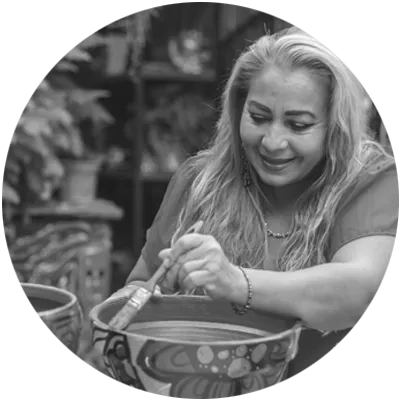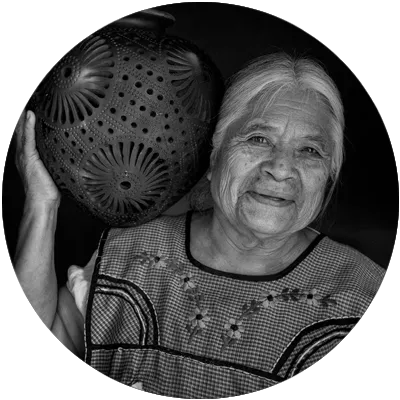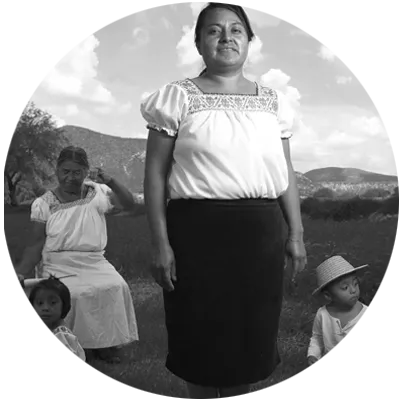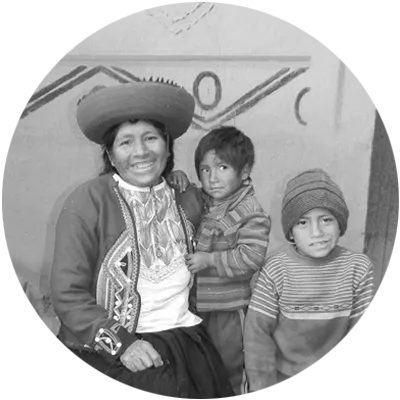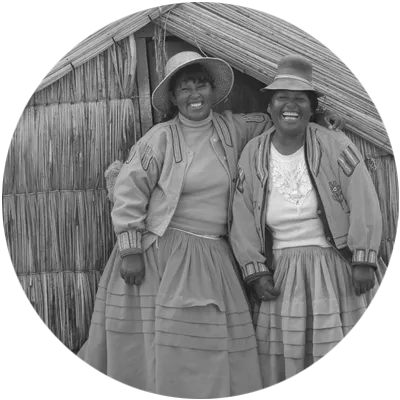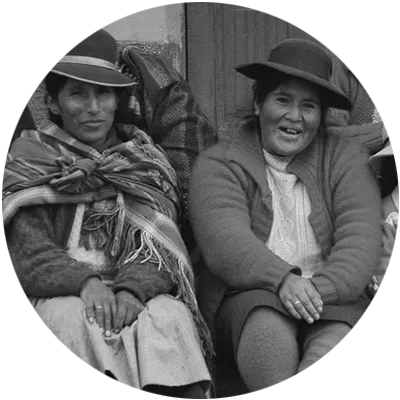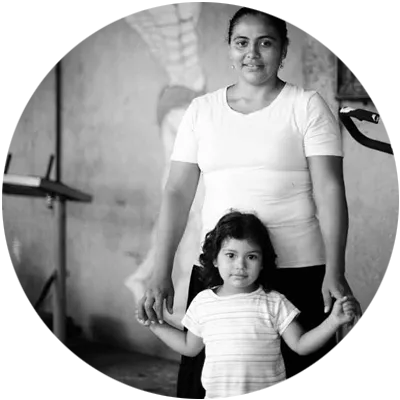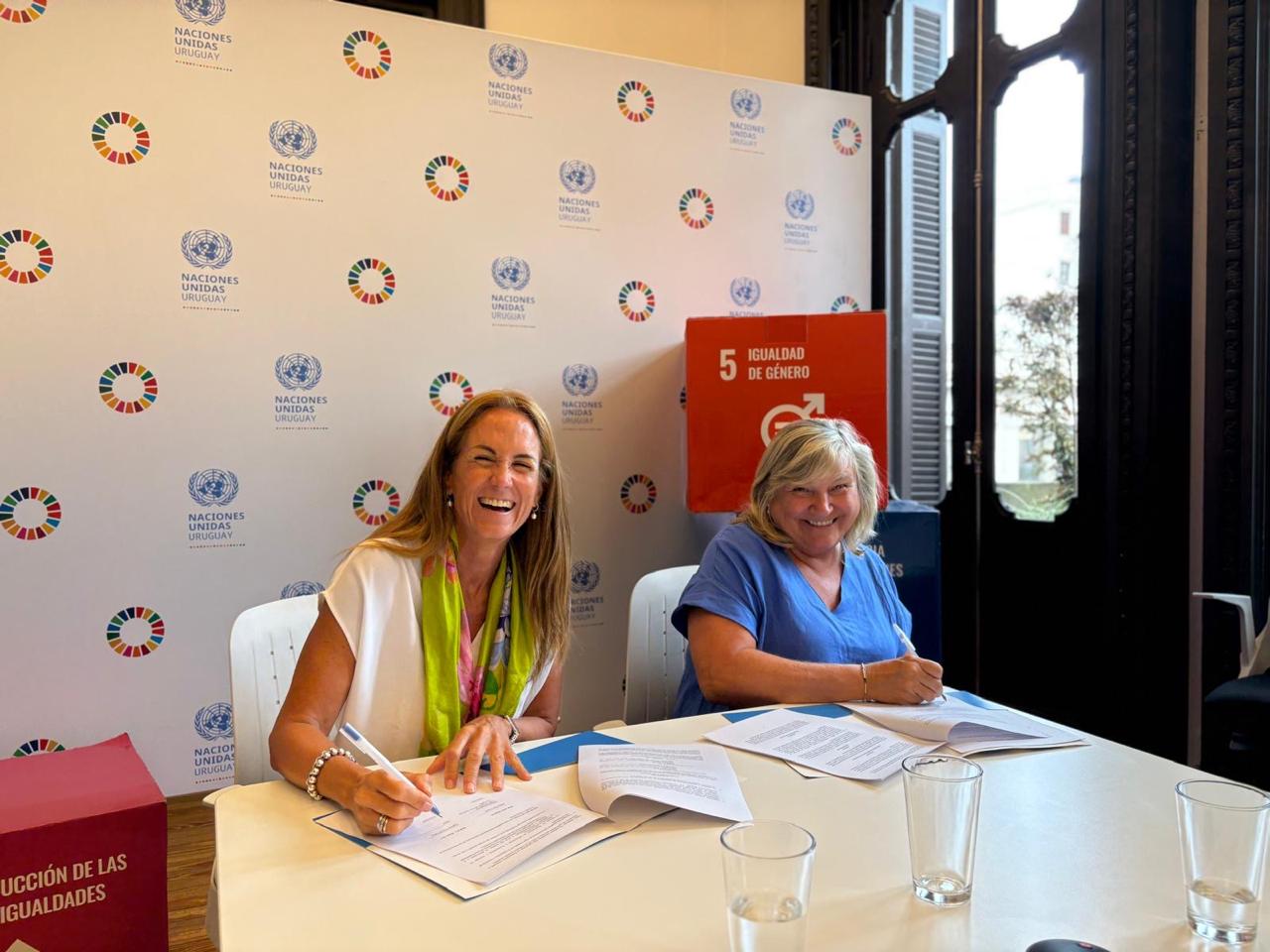In 2023, more than 750 million women worldwide were excluded from the formal financial system, according to Women’s World Banking. In this context, Argentina ranks 36th out of 146 countries in the Global Gender Gap Index by the World Economic Forum (2023). Of the four areas measured by this index—educational attainment, health and survival, economic participation and opportunities, and political empowerment—the country scored well in the first two. However, there is a significant gender gap in women’s economic participation and opportunities.
According to the report “Mainstreaming Gender Lens Investing into Argentina’s Financial Sector,” a joint effort by Columbia University’s School of International and Public Affairs (SIPA) and Pro Mujer’s Gender Knowledge Lab, in collaboration with Argentina’s Sustainable Finance Protocol, the challenges women face are multifaceted. These range from limited participation in the workforce to underrepresentation in leadership positions and restricted access to financial resources.
These findings are alarming, especially considering that this type of exclusion negatively impacts women’s dignity, freedom, and self-determination. Women’s inclusion in the financial system is not only a matter of social justice but also an economic opportunity for the country. According to IDB Invest, if women fully participated in formal employment, Latin America’s GDP could grow by $26 billion.
Challenges to achieving equality
The SIPA and Pro Mujer report reveals that women in Argentina have a labor force participation rate of 50.8%, significantly lower than the 70% for men. This disparity is worsened by the wage gap: Argentine women earn significantly less than men, making only 55% of what their male counterparts earn for equivalent jobs.
Another key finding is that, in 2023, only 7.5% of board seats in Argentina were held by women, compared to the Latin American average of 15.1% and the global average of 35.3%.
In terms of access to capital, women have been excluded from traditional financial systems for two main reasons: physical barriers, such as limited access to bank branches or digitalized processes, and service or communication barriers, including difficulties in meeting account opening requirements and the persistence of gender biases, which associate financial services for women-specific niches with high risk.
A step toward inclusion
A key part of the research conducted by SIPA Columbia and Pro Mujer was the analysis and interviews related to the Sustainable Finance Protocol of Argentina—a pioneering regional agreement that sets guidelines for financial institutions to implement better social, environmental, and governance practices—and its members. The Protocol, which has already been adopted by 36 financial entities representing 94% of the country’s loan market, not only promotes sustainability but also integrates and drives specific gender-focused initiatives within the financial sector.
On this matter, Tomás González Bergez, Global Gender and Gender Knowledge Lab Manager at Pro Mujer, stated that “the application of the Protocol is key to fostering the integration of responsible practices in the financial system.” This is because the agreement promotes the adoption of environmental, social, and governance standards, thereby contributing to a more resilient financial sector aligned with the transition to a green economy.
This initiative seeks to foster best practices in the financial system, including the research team’s highlighted measures such as training and education programs on unconscious gender biases and masculinities, the creation of financial products for women entrepreneurs (such as loans with preferential rates), and the promotion of family support policies like parental leave and childcare services. Additionally, the report emphasizes the importance of creating holistic financial products that address the needs of women in vulnerable situations.
To learn more about the mainstreaming of gender lens investing into Argentina’s banking system, read the full report here.
About Pro Mujer
Pro Mujer is a social enterprise that has been offering services and tools to women in Latin America for over 34 years, empowering them to reach their full potential, improve their quality of life, and become agents of change in their communities.
It operates through a holistic and comprehensive model designed to expand women’s access to health services, enhance their financial inclusion, and provide them with training opportunities.
More information at www.promujer.org


